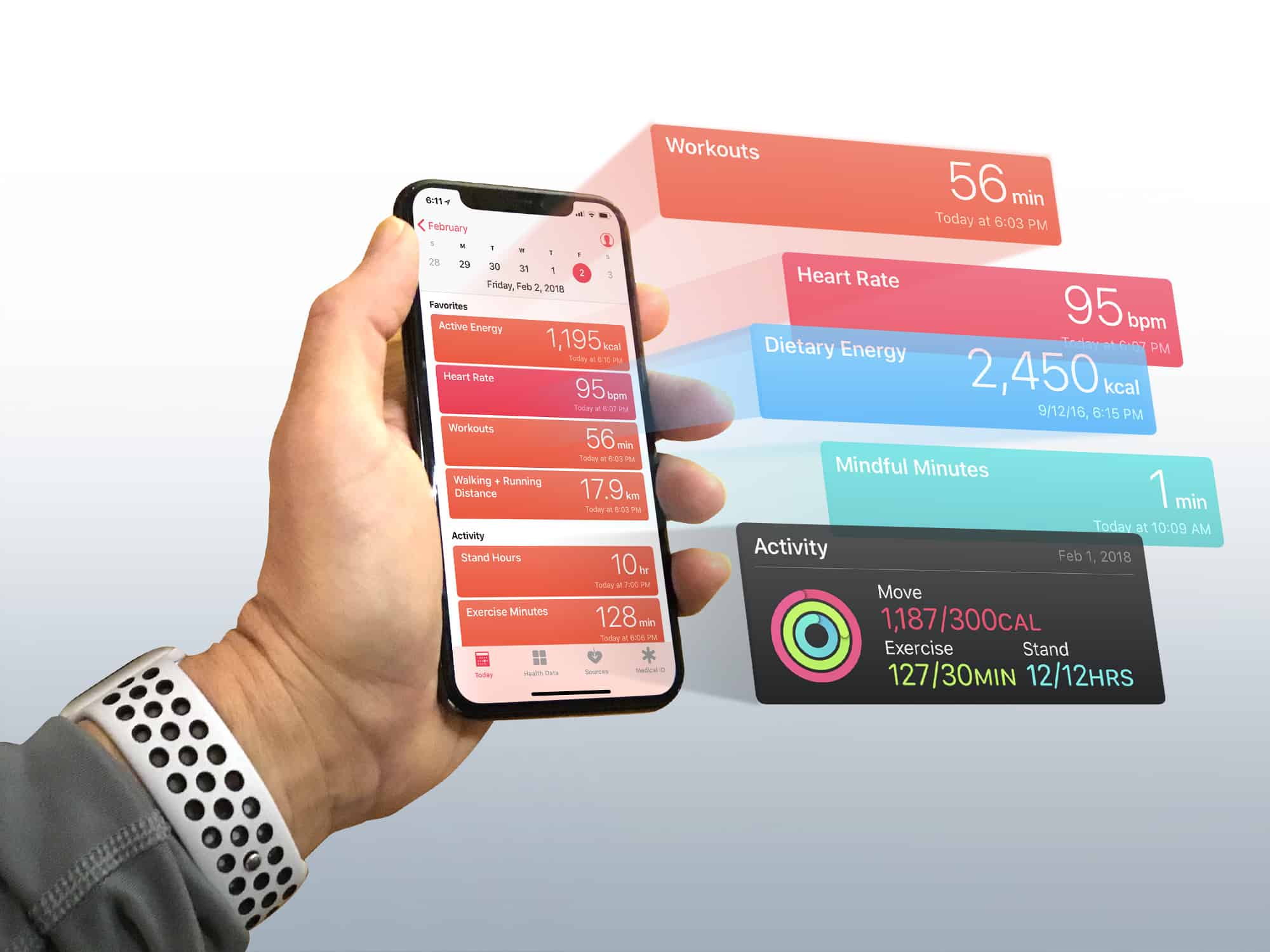In an era where artificial intelligence (AI) is reshaping technology, Apple Inc. stands at the forefront of this transformation, leveraging AI to enhance its iOS ecosystem dramatically. As the world witnesses rapid advancements in AI, Apple’s strategic initiatives reveal a vision that transcends mere gadgetry, aspiring to create a more intelligent, responsive, and user-centric operating system.
Here's ads banner inside a post

Redefining User Interaction
Apple has always been a pioneer in user experience, and its commitment to integrating AI into iOS is a testament to this philosophy. With the growing ubiquity of smart devices, users demand more intuitive interactions. Apple’s response includes refining its virtual assistant, Siri, to provide not just voice-activated responses but also predictive suggestions based on user behavior and context. Imagine asking Siri not only about the weather but also receiving personalized recommendations for activities, reminders, or even relevant news articles based on your interests.

Here's ads banner inside a post
This evolution is grounded in machine learning, where algorithms analyze vast amounts of data to enhance predictive capabilities. By understanding user habits, Siri could transition from a reactive assistant to a proactive partner, anticipating needs and preferences in real time. This leap could redefine how users engage with technology, making devices feel less like tools and more like companions.

Here's ads banner inside a post
AI-Powered Features on the Horizon
The potential of AI in iOS extends beyond voice commands. Apple is reportedly exploring a range of innovative features designed to improve daily tasks. For example, advanced photo management tools could utilize AI for intelligent sorting and searching, allowing users to find specific images with simple keywords. By employing visual recognition technology, the Photos app could identify people, places, and events, streamlining the user experience.
Additionally, personalized health tracking could take center stage with the integration of AI. Apple’s Health app could harness machine learning to analyze health data, offering tailored fitness recommendations, nutritional advice, and reminders for medications based on individual health metrics. This could empower users to take control of their health journeys, fostering better lifestyles through technology.

Prioritizing Privacy in AI Development
Apple’s commitment to user privacy sets it apart in a landscape rife with data concerns. As the company enhances its AI capabilities, it does so with a steadfast focus on security. Unlike many competitors that rely heavily on cloud processing, Apple emphasizes on-device processing, where sensitive information remains on the device, minimizing exposure to potential breaches.
This strategy not only aligns with Apple’s ethos of protecting user data but also enhances performance. By reducing reliance on internet connectivity for AI processing, iOS devices can function seamlessly, providing fast responses even in low-connectivity environments. This approach reassures users that their personal information is safeguarded while still benefiting from the convenience of intelligent features.
Competitive Landscape and Strategic Positioning
As Apple navigates the AI landscape, it faces formidable competitors like Google and Microsoft, who have already made significant strides in AI integration. Google’s AI-driven features in Android and search functions exemplify the potential for smart, interconnected systems. However, Apple’s unique selling proposition lies in its ability to deliver a cohesive experience across its hardware and software.

By maintaining a closed ecosystem, Apple ensures that all elements, from iPhones to MacBooks, work seamlessly together. This strategy enhances user loyalty, as consumers are often drawn to the simplicity and reliability of integrated systems. With AI functionalities becoming a crucial aspect of user experience, Apple’s commitment to excellence in design and performance positions it well against its rivals.

The Road Ahead: Envisioning the Future
Looking ahead, the future of iOS is undeniably intertwined with advancements in AI. The potential for augmented reality (AR) and AI integration opens up exciting possibilities. Imagine walking into a room and having your device instantly recognize your environment, providing contextual information, reminders, or even entertainment options based on your location and preferences.
As Apple invests in AI research and development, the possibilities seem endless. From smarter notifications to enhanced productivity tools, each advancement could fundamentally alter how we interact with our devices. The integration of AI is not merely a trend; it represents a significant shift towards creating technology that understands and adapts to individual user needs.

Embracing the AI-Driven Future
As we stand on the brink of an AI-driven revolution, Apple’s dedication to enhancing iOS through intelligent features is both exciting and promising. By focusing on user-centric design, privacy, and seamless integration, Apple is poised to redefine what it means to interact with technology. The advancements in AI not only signal a new era for iOS but also invite users to imagine a future where technology enhances daily life in unprecedented ways.

In this landscape of innovation, one thing is clear: Apple is committed to leading the charge, making the future of iOS a thrilling frontier of possibilities.

